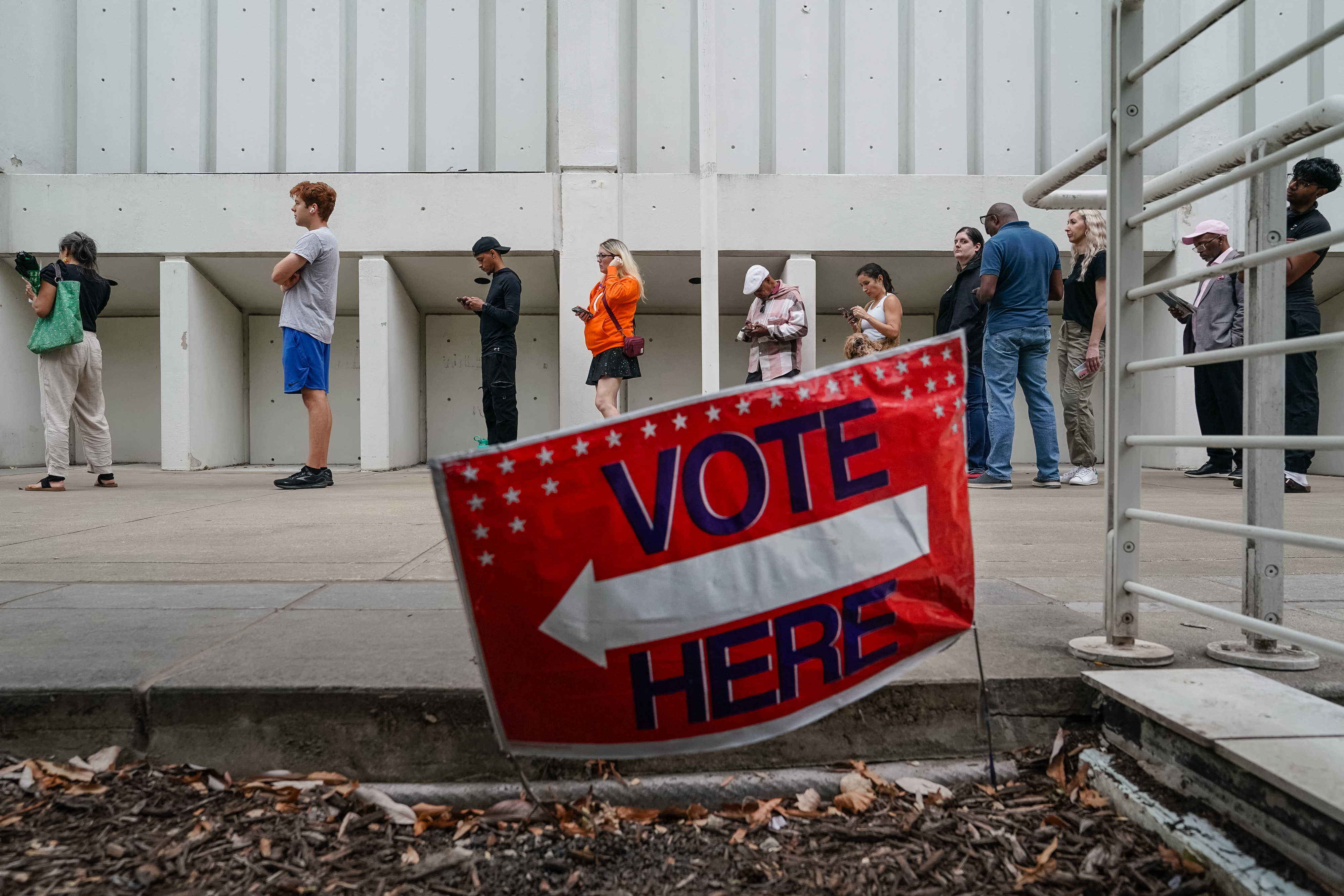The Los Angeles City Council approved a series of regulations for the cannabis industry Wednesday, capping months of meetings aimed at getting the city's laws in order ahead of the drug becoming legal for recreational sale and use on Jan. 1.
The set of rules were approved with a 12-0 vote and outline who will be able to sell the drug, along with where, when and how it can be sold, grown and distributed. Council President Herb Wesson said he hopes the new laws will be a national model for other cities to follow.
"We are L.A. We are a big city. We do big stuff, that's who we are, that's how we roll. And there are cities throughout this country that are looking at us today," Wesson said.
The rules approved by the panel would create limitations on how many cannabis businesses could be located in each neighborhood, similar to the regulations imposed on the alcohol industry, and also create requirements on how far cannabis businesses must be located from "sensitive sites," including schools, public parks and other cannabis retailers.
Retail businesses must be 700 feet from sensitive sites under the rules, while non-retail and delivery businesses must be 600 feet from schools.
The regulations also include a procedure for provisional licenses for growers and manufacturers. And, the City Council approved a "social equity" program, which would help people convicted of some low-level marijuana-related crimes and residents in some low-income communities impacted by the war on drugs to open a cannabis-related business.
"It's true that this measure is not going to undo the harms that have been inflicted in the past. However, I think it will provide a framework for a more equitable and honest approach to this industry as it rolls out," Councilman Curren Price said.
U.S. & World
News from around the country and around the globe
The rules would ban people convicted of some crimes, including violent felonies or selling marijuana, tobacco or alcohol to minors, from receiving a license for a certain amount of time. For violent felons, the limit would be 10 years.
California voters approved the legalization of recreational marijuana last November, effective Jan. 1, 2018. In March, Los Angeles voters approved Measure M, which sets up regulatory measures for the cannabis industry, which could generate more than $100 million annually in new tax revenue for a city with a budget that topped $9 billion last fiscal year.
Once implemented, Measure M will replace Proposition D, which was approved in 2013 by city voters and limited the number of dispensaries within Los Angeles city limits to 135 -- the number of dispensaries operating before Sept. 14, 2007.
Under the rules, Prop D compliant businesses will be granted temporary approval as will retail establishments with a previous city-issued Business Tax Registration Certificate. The rules include local hiring requirements to direct that 30 percent of a commercial business' employees live within a three- mile radius of that business with 10 percent of its total workforce comprised of transitional workers.
Marijuana businesses will have to be licensed both by the state and the city to operate legally in Los Angeles. The hours of operation for the shops would be 6 a.m. to 10 p.m., but Cat Parker, executive director of the Los Angeles Department of Cannabis Regulation, said the city would have the authority to set site-specific hours for certain shops.
Although the approved rules have put the city in position to be in compliance with state law and ready to oversee the new industry, Wesson said there are still issues that need to be worked out and the council will continue to refine its policies at meetings in January.
One unresolved issue Wesson pointed out was on-site consumption at marijuana shops, which would be allowed by state law starting in 2018, if cities choose to allow it. The approved L.A. rules do not allow on-site consumption as of now, but Wesson said the city will continue to study the issue. Some activists for the industry argue the rules could leave some people without a legal place to use marijuana.
Bruce Margolin, executive director of the L.A. chapter of the National Organization for the Reform of Marijuana Laws, said many hotels and apartment buildings ban smoking and that consumption also would not be allowed in public.
"The current status with denying on-site consumption means that they have no place to go unless they own a residence or have access to a residence, which is completely unfair," Margolin said in September.



